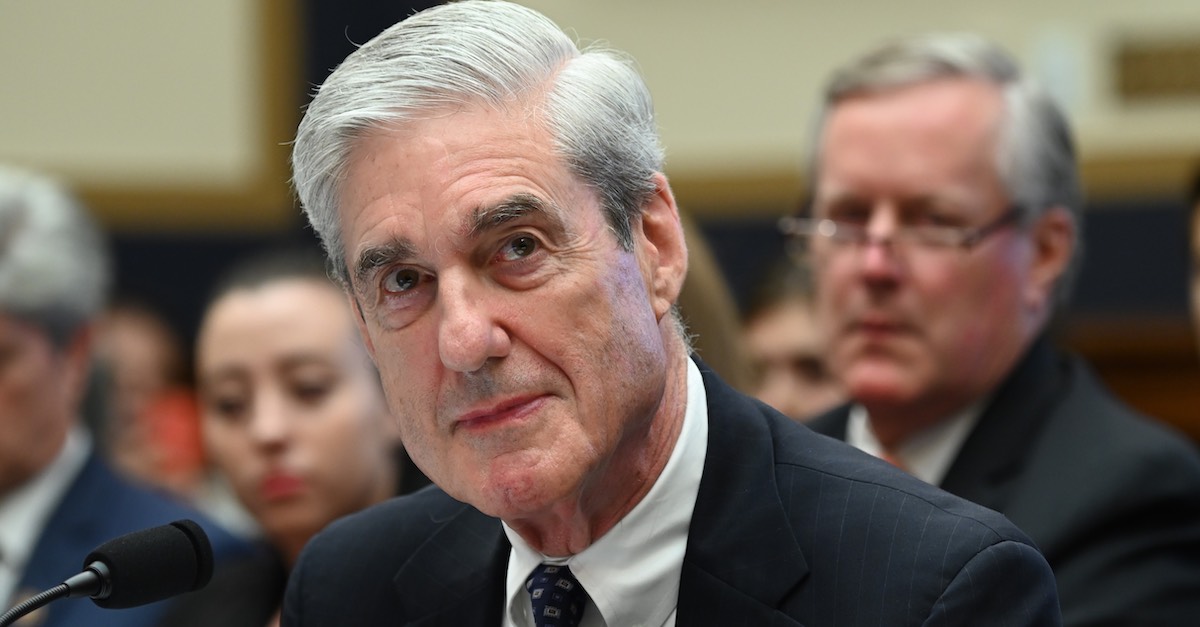
The Trump administration is back in court on Monday and trying to keep the redacted portions of the Mueller report hidden from members of Congress during the impeachment proceedings against the president. Specifically at issue is the secrecy of grand jury materials referenced in the Mueller investigation.
Last July, the House Judiciary Committee sought a court order to release redacted portions of the special counsel’s report and the grand-jury materials those portions referenced. Taking no steps to obscure the reason underlying its request, the committee argued that the information sought would “aid the House in determining whether the President committed impeachable offenses.”
The DOJ has argued that turning over the materials to the House Judiciary Committee would cause “irreparable harm” that would be “substantially compound[ed]” by disclosure to the general public. At the lower court level, Chief Judge Beryl Howell was unconvinced, writing that the DOJ’s arguments “smack of farce,” and accusing the White House of “openly stonewalling” congressional requests for information.
That wasn’t Judge Howell’s first time ruling on the demands for secrecy involving the Trump administration. In 2017, she ruled to compel grand jury testimony from an attorney for Paul Manafort and Rick Gates, piercing attorney-client privilege with the crime-fraud exception.
The DOJ’s appeal of Judge Howell’s ruling on the Mueller Report and related grand jury materials will be heard Monday before a three-judge panel of the U.S. Court of Appeals for the D.C. Circuit. The judges — Judith W. Rogers (appointed by Bill Clinton to replace Clarence Thomas), Thomas B. Griffith (a 2005 George W. Bush appointee who formerly advised the Senate on legalities of the Clinton impeachment trial) and Neomi Rao (appointed by President Donald Trump to replace now-Supreme Court Justice Brett Kavanaugh)– all report to Chief Judge Merrick Garland.
At issue in Monday’s hearing will be not only the fairness of disclosing the documents sought, but also the procedural propriety in doing so. Specifically, the DOJ will argue that impeachment proceedings are legislative and not judicial proceedings – an argument that is at odds with at least some of the administration’s positions on rules governing impeachment.
[image via andrew Caballero-Reynolds/AFP/Getty Images]
Have a tip we should know? [email protected]